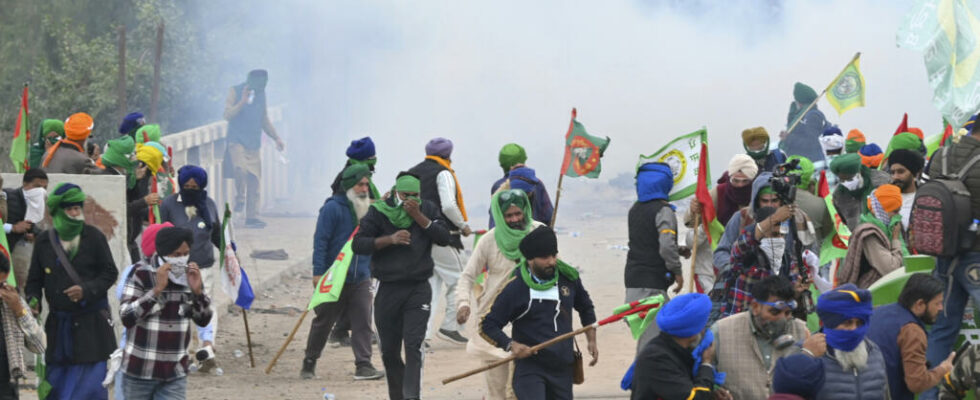Since November 26, an activist from Punjab, the center of peasant protests in India, has not eaten, to demand better income for farmers. The Supreme Court criticizes this state for letting the situation degenerate.
1 minute
From our correspondent in Bangalore, Como Bastin
In 2020 and 2021, tens of thousands of farmers occupied the surroundings of New Delhi. This movement forced the Prime Minister Narendra Modi to reverse course on the liberalization of agricultural markets. But many farmers in Punjab – the breadbasket of India – consider this decline insufficient.
It has been more than a month since Jagjit Singh Dhaliwal fasted on the border between Punjab and Haryana, where the government is trying to contain the protests. A fast which took a national political turn this Saturday, December 28, when the Supreme Court required local authorities to transfer him to a hospital before December 31, given his critical medical condition.
Ready to die
Jagjit Singh Dhaliwal refuses to budge, saying he is ready to die for the farmers’ demands: the guarantee of minimum livable purchase prices for their crops.
The state of Punjab says it is powerless to force him, especially since his tent is surrounded by many farmers who are protecting his hunger strike. This December, three farmers’ processions traveling from Delhi were blocked at the Haryana border.
Also readIn India, 2024 is a dark year for sugar producers
